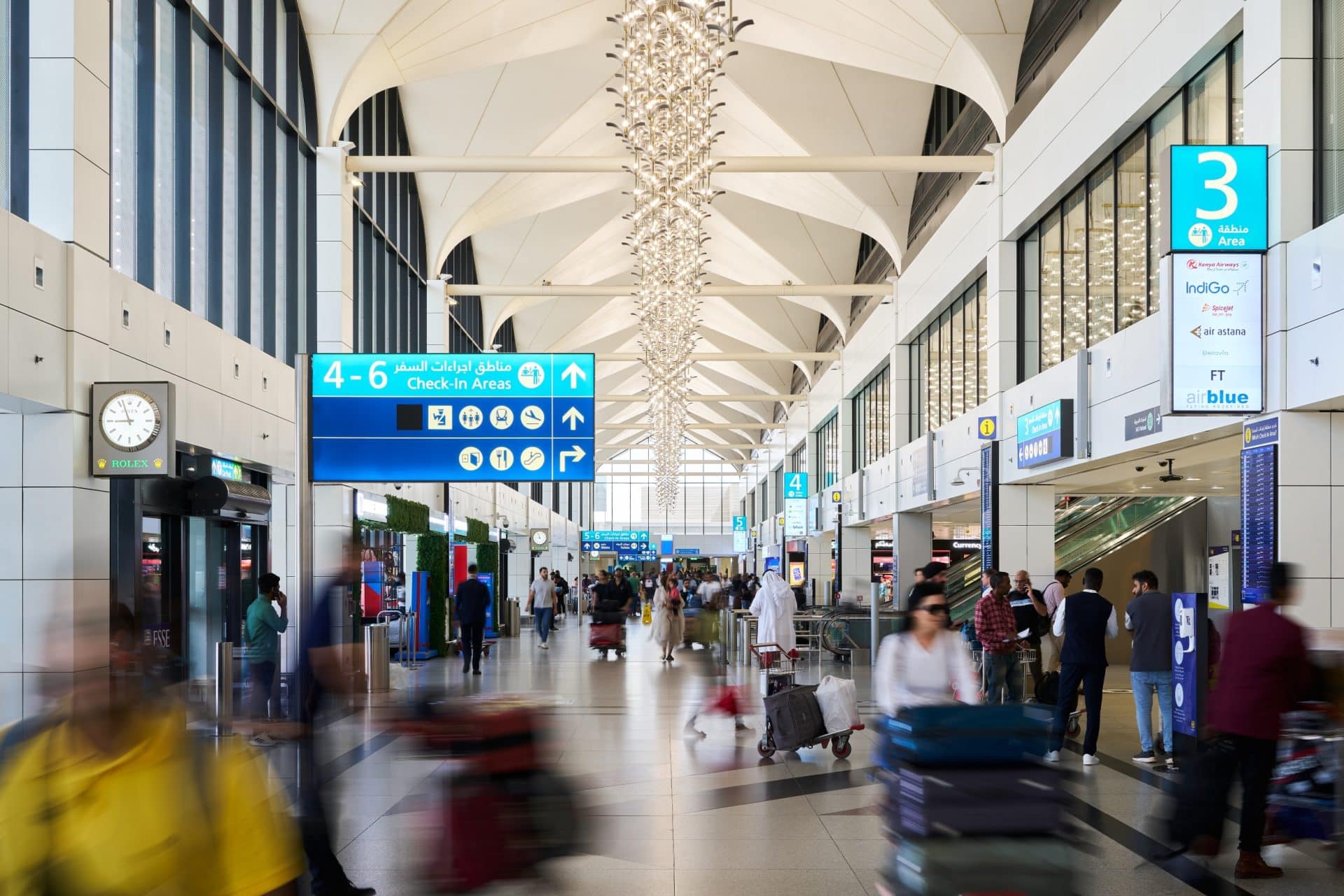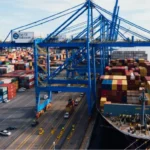Introduction
Air transport began more than a century ago and completely changed the way people travel. In the early days, flying was a luxury for the wealthy. Today, however, airplanes have become essential to daily life. They connect people and places quickly, efficiently, and globally. Airlines now offer many services, making air travel more accessible than ever.
Air transportation is not only about moving passengers. It also plays a crucial role in moving goods around the world. Without airplanes, global trade would slow down dramatically. Air cargo links distant regions and delivers products quickly and reliably.
The Middle East has always been a global trade hub. It served as a commercial crossroads in ancient times and continues to play that role today. Trade remains deeply rooted in the region’s culture and economy. With the rise of air cargo services, the Middle East strengthens its position as a vital player in global logistics.
This article explores:
-
The best air cargo services in the Middle East
-
The top air cargo airports supporting trade and logistics
-
The role these airports play in global commerce
By the end, you will understand how Middle Eastern airports keep global supply chains moving and why they remain essential for world trade.
Airports: The Heart of Global Commerce
Airports have evolved far beyond their original role of connecting passengers to destinations. Today, they function as major centers of global trade. Air cargo companies in the Middle East act as vital links between continents, supporting fast and reliable movement of goods.
Strategic Trade Hubs
Airports such as Abu Dhabi International Airport and Doha International Airport have become symbols of innovation and economic growth. They do more than connect flights; they build business bridges that support industries across the world.
These airports move:
-
Time-sensitive goods
-
Perishable foods
-
High-value items
-
Large-scale e-commerce shipments
They improve delivery speed and strengthen supply chains.
Drivers of Economic Growth
Middle Eastern airports contribute to global and local economies by:
-
Accelerating supply chains through express air freight
-
Supporting tourism
-
Encouraging global business cooperation
-
Creating jobs in logistics and aviation
-
Attracting investment
-
Delivering essential goods during emergencies
These roles show how airports keep trade active and economies stable.
The History of Air Cargo: From Early Experiments to a Global Industry
Air cargo has a long and fascinating history. The first official air cargo flight took place in the United States on 7 November 1910. That pioneering aircraft carried 200 pounds of silk and completed its journey in only 66 minutes. This short flight marked the beginning of a new era in commercial goods transportation.
A few months later, on 18 February 1911, the world witnessed the first formal air-posting flight during a major aeronautical event. That demonstration helped promote the idea of using aircraft to deliver goods and inspired new interest in air shipment.
Soon after, Europe joined the movement. The first European air freight flight operated between London and Paris, transporting leather for a shoe manufacturer. This flight captured the attention of merchants and opened the door to a full-scale international air cargo industry.
In 1926, National Air Transport was founded to move parcels by airplane. The service quickly expanded. Over time, air freight grew from a niche service into a global network that supports modern trade.
Today, the main reason air freight remains popular is speed. Businesses depend on rapid delivery, especially in a world where customers expect fast and reliable service. Air cargo supports this demand by providing efficient transport solutions that keep global supply chains moving.
Understanding the Importance of Airports in Global Trade
Airports have evolved from simple transit points into essential hubs that support the global supply chain. Modern airports use advanced technology to handle massive amounts of cargo safely and efficiently. This transformation allows businesses to move goods across continents with unprecedented speed.
Advanced Infrastructure for Modern Commerce
Airports such as Dubai International Airport and King Abdul-Aziz International Airport operate with world-class infrastructure. Their facilities allow them to manage high cargo volumes while maintaining safe and reliable operations. They connect producers and buyers across continents, supporting the constant flow of international trade.
These airports help accelerate global commerce by:
-
Handling perishable goods quickly
-
Supporting high-value shipments
-
Managing express freight for e-commerce
-
Offering advanced cold-chain solutions
-
Providing secure storage and customs facilities
With these capabilities, they sustain the speed and reliability required in modern supply chains.
Driving Global Connectivity
Middle Eastern airports serve as global connectors that enable businesses to reach new markets. For example, Dubai International Airport completes intercontinental transit within hours. This rapid movement keeps global businesses competitive and ensures products arrive on time.
Such airports operate as economic engines. They support jobs, attract investment, and strengthen their countries’ roles in international trade.
Airports: A Critical Part of the Supply Chain
Airports serve as important nodes in the global logistics network. They allow companies to deliver products quickly and dependably. Airports like Beirut International Airport and Bahrain International Airport feature high-quality air freight facilities that support industries requiring fast delivery.
Supporting the Growth of E-Commerce
Global e-commerce continues to grow at a rapid pace. Consumers expect faster shipping, while businesses demand efficient inventory systems. Airports respond by expanding cargo facilities, improving automation, and upgrading technology.
Beirut and Bahrain are excellent examples. Their investment in world-class air cargo terminals ensures goods move smoothly from manufacturers to customers. These airports are now essential platforms for modern trade.
As international commerce expands, these airports will remain at the center of goods movement. Their strategic importance will continue to grow with global demand.
The Strategic Importance of Airports in Times of Crisis
Airports also play a vital role during crises. In emergencies, they serve as lifelines that deliver aid, supplies, and medical support. During the COVID-19 pandemic, Middle Eastern airports transported essential equipment, vaccines, and protective gear. Their quick response highlighted their ability to adapt under pressure.
Airports such as Sharjah International Airport and King Abdul-Aziz International Airport demonstrated exceptional readiness. They managed sudden increases in air freight and ensured vital goods reached their destinations safely and without delay.
Their strategic value extends beyond pandemics. During natural disasters or humanitarian crises, airports provide critical support. Their ability to handle urgent shipments makes them indispensable to global relief efforts. They strengthen global resilience and preparedness.










